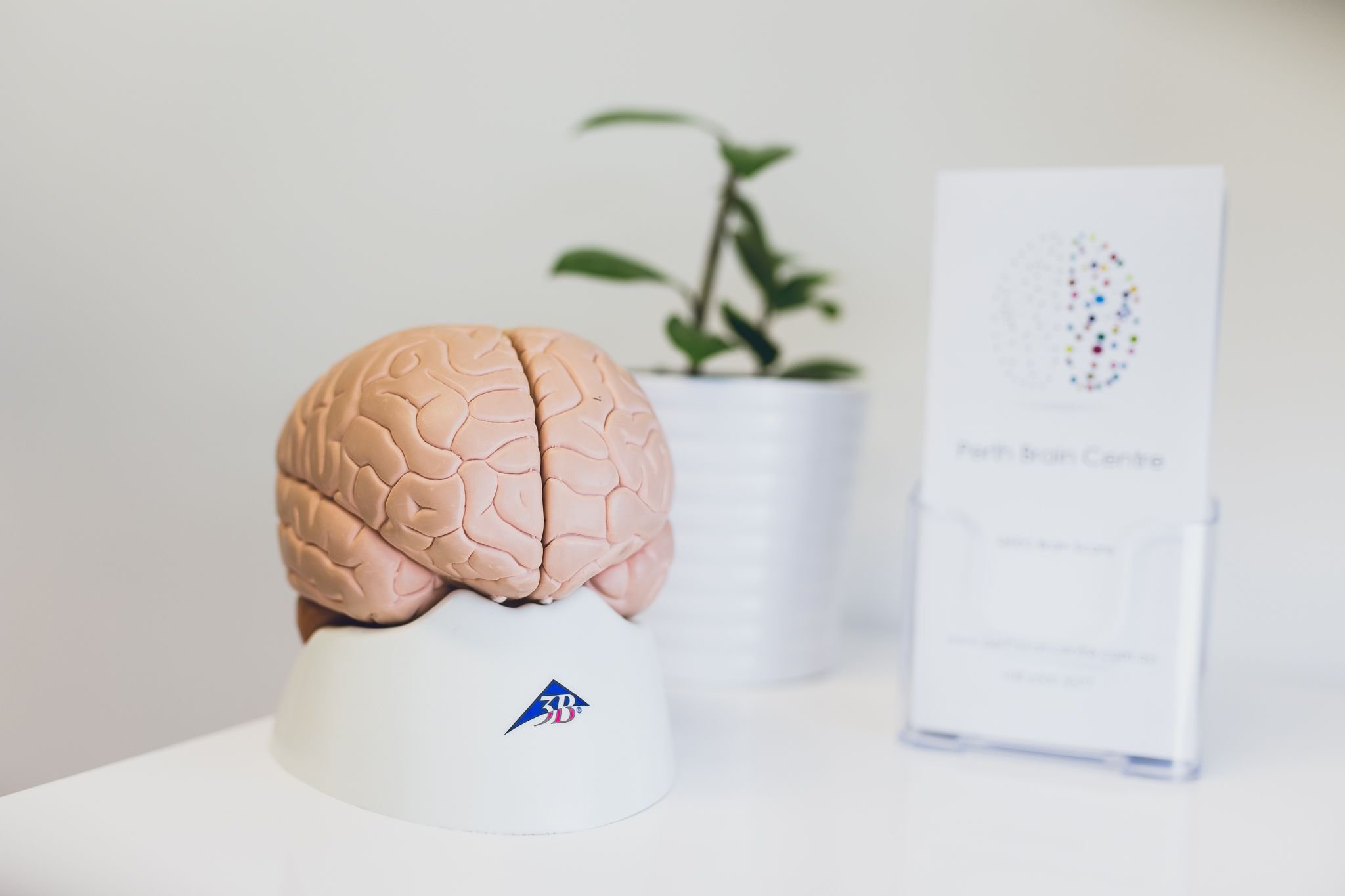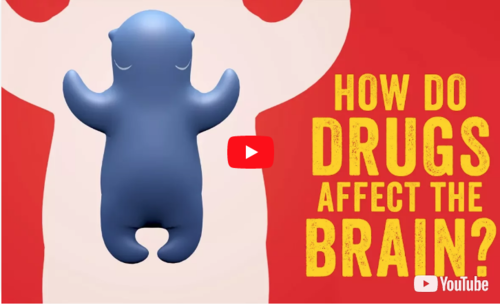
Neuroknowledge

Tools for Health for Men and Boys - Men's Health Awareness Week
In June, around the world, attention is turned to the health and wellbeing of males. Particularly the preventable problems that are highlighted in the infographic you see. But, when you ask google for information regarding men’s health, even when you search only for ‘positive’, ‘good’ and ‘healthy’ information about being a man, you really have to dig through a lot of tough statistics to find the plus side. So we’ve found a constructive, solution focussed, way to rethink these negatives.

Latest Neuro-Rehabilitation News from Harvard Medical School
I have just returned from The 2018 International Neurorehabilitation Conference in Boston run by Harvard Medical School. I was one of hundreds of delegates from all over the world attending to get the latest updates on cutting-edge treatments to help people with brain problems. We had experts presenting on a large range of topics ranging from neuroplasticity to proven and state-of-the-art brain therapies.

Can we eat enough of the good stuff every day? - Nutraceuticals
We are what we eat…But, do we? Can we? Eat enough of the good stuff EVERY day?
It’s time to talk about food, guts, brains and the slippery science of oils…
Deciding what to eat can be an enormously effortful task. Aside from the vast choice available to us, we are also informed (not always necessarily well informed) about the choices we think we should be making…paleo this, low FODMAP that, raw something else, oops now I’m a flexitarian…the pleasure of eating can be spoilt by complexity sometimes. This is not to deride these choices, indeed they work well for some.


Targeting seizure activity in Autism may help improve language skills and intellectual disability.
Most children with Autism are also facing additional challenges like ADHD and Anxiety, and one third have Epilepsy. It appears that this is caused by a gene mutation which is also associated with language delay and intellectual disability.

New 2 Minute Test For Autism
New research, published in The Journal of Developmental and Behavioural Pediatrics last month, has shown that a simple 2-minute questionnaire can help detect autism in toddlers. Research indicates that about 1% of children have Autism in Australia. Like all children, every child with Autism is unique, however there are core symptoms characterised by differences in behaviour, social interaction, communication and sensory processing. Every person is affected differently, and whilst some people with Autism also have an intellectual impairment or disability, some people have average or above-average intelligence. People with Autism often experience additional challenges and problems like ADHD, Anxiety and Depression are particularly common.

Growing Evidence Of Brain Plasticity - Michael Merzenich
Neuroscientist Michael Merzenich looks at one of the secrets of the brain's incredible power: its ability to actively re-wire itself. He's researching ways to harness the brain's plasticity to enhance our skills and recover lost function.
This talk was presented at an official TED conference, and was featured by our editors on the home page.

Successful Ageing & Your Brain
We all know people who seem to blossom after 50, or stay sharp into old age. What can we learn from them? Find out what steps you can take to improve your brain fitness, regardless of your age.

How spontaneous brain activity keeps you alive - Nathan S. Jacobs
The wheels in your brain are constantly turning, even when you're asleep or not paying attention. In fact, most of your brain’s activities are ones you’d never be aware of … unless they suddenly stopped. Nathan S. Jacobs takes us inside the always active, surprisingly spontaneous brain.

How do drugs affect the brain? - Sara Garofalo
Most people will take a pill, receive an injection, or otherwise take some kind of medicine during their lives. But most of us don’t know anything about how these substances actually work. How can various compounds impact the way we physically feel, think, and even behave? Sara Garofalo explains how some drugs can alter the communication between cells in the brain.

How the food you eat affects your brain - Mia Nacamulli
When it comes to what you bite, chew and swallow, your choices have a direct and long-lasting effect on the most powerful organ in your body: your brain. So which foods cause you to feel so tired after lunch? Or so restless at night? Mia Nacamulli takes you into the brain to find out.

How sugar affects the brain - Nicole Avena
When you eat something loaded with sugar, your taste buds, your gut and your brain all take notice. This activation of your reward system is not unlike how bodies process addictive substances such as alcohol or nicotine -- an overload of sugar spikes the number of signals being transmitted in the brain and leaves you craving more. Nicole Avena explains why sweets and treats should be enjoyed in moderation.




